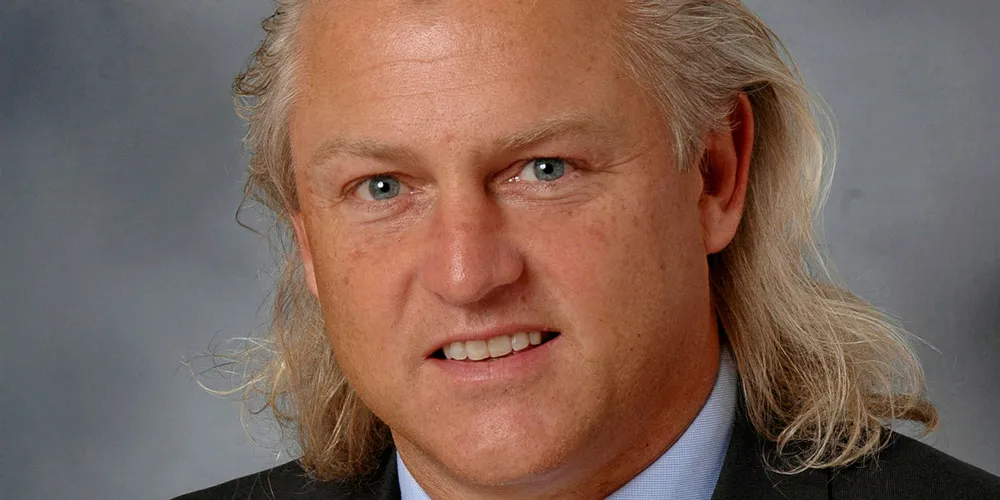Ex-Bumble Bee CEO Chris Lischewski's landmark sentencing trial: 'He has seen it all taken away'
The executive was convicted of being a mastermind behind a conspiracy with rivals Starkist and Chicken of the Sea to set prices for canned tuna in the United States.
